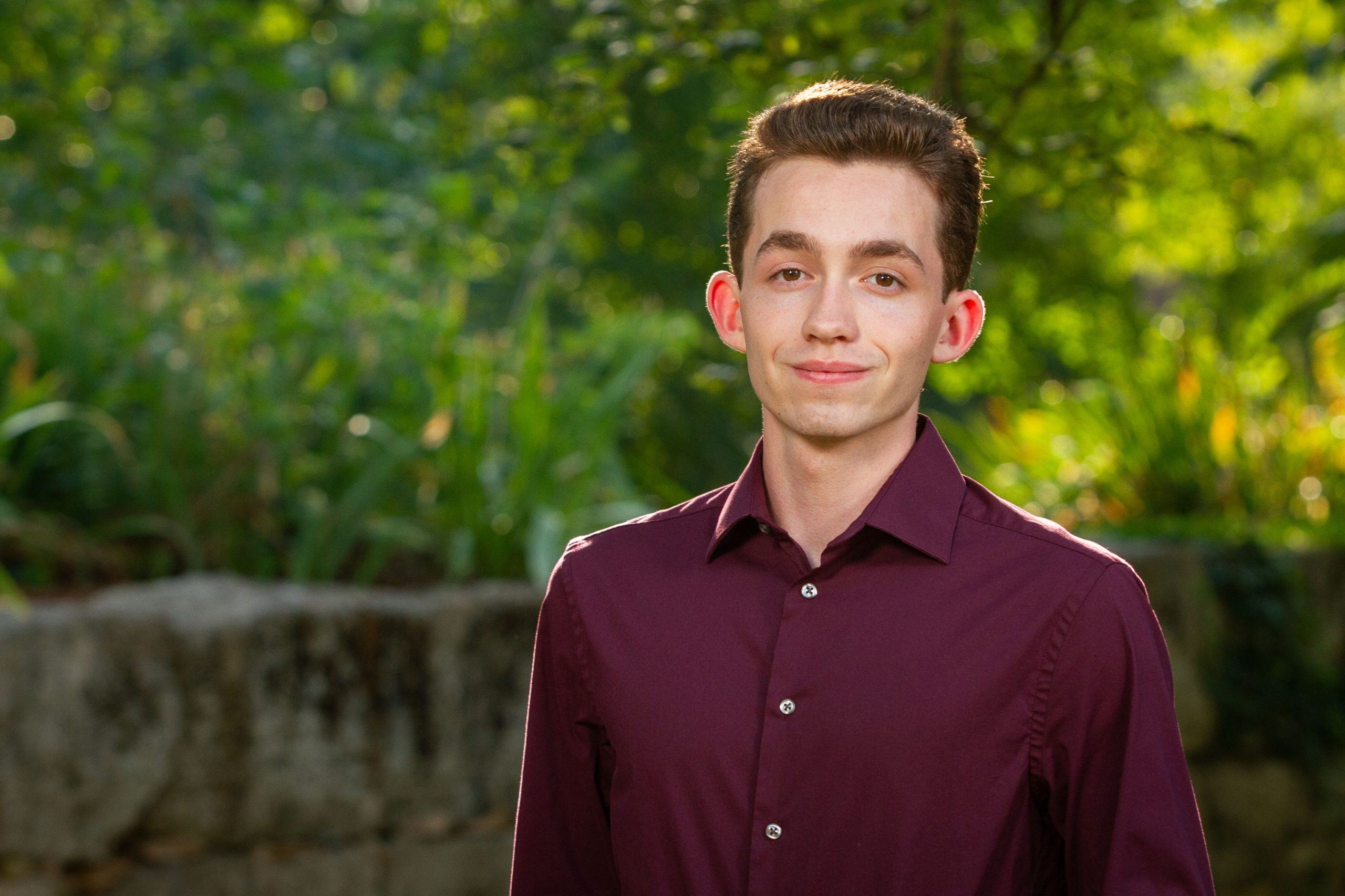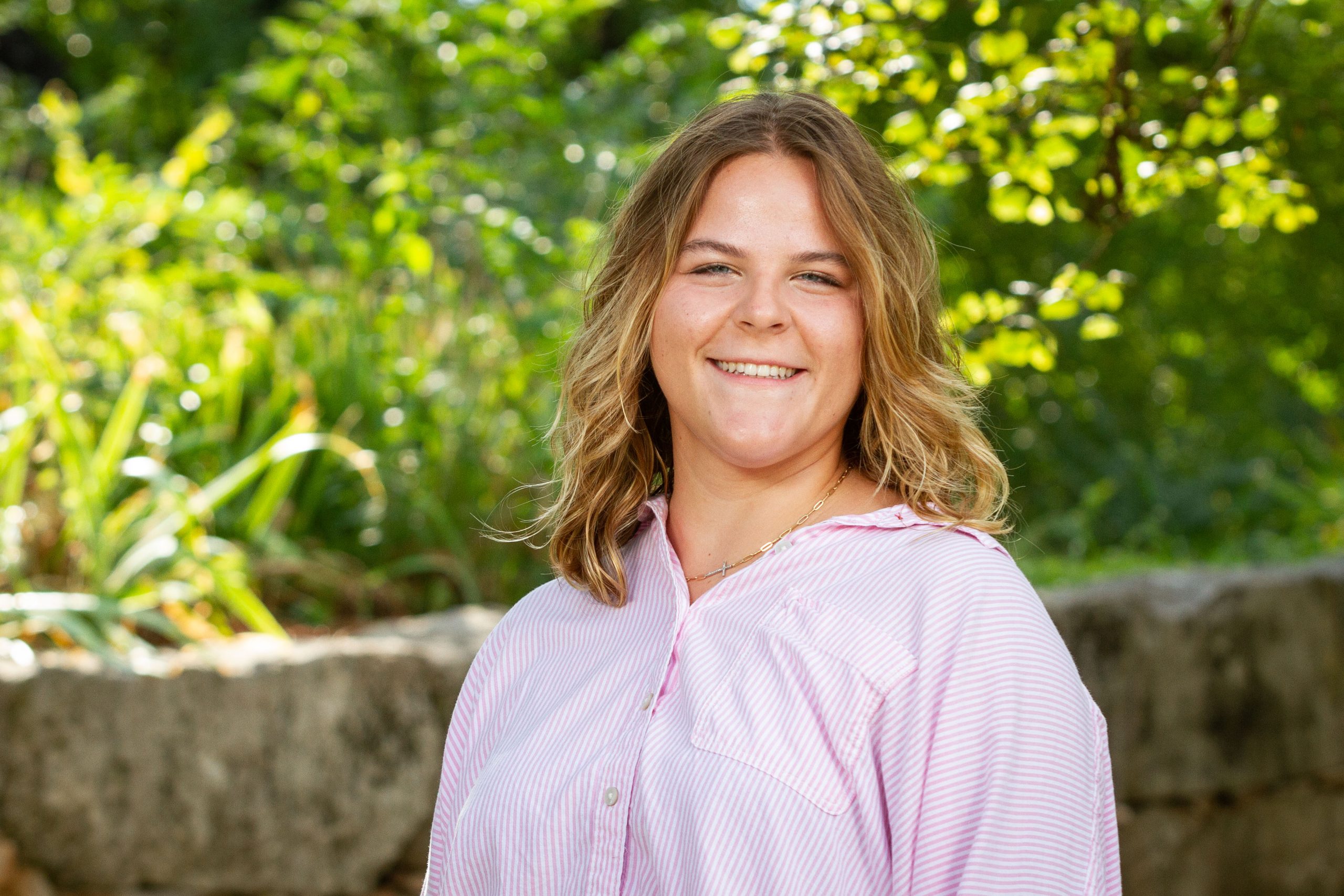The Color R.E.D.
July 26, 2010 | News, People, Student Life, Students | No Comments

by Sydney Combs, Academy Avatar
Currently, the Gatton Academy has housed students from ninety-five out of the one hundred and twenty counties from across the Commonwealth. With such an extensive reach across the state, the resulting student body has never failed to be anything but diverse.
From the city boys to the country girls, we have them. From the non-religious to future pastors, we have them. From the vegetarians, Pastafarians, modest, bold, and computer whizzes to poets, adventurers, and professional sleepers, the Academy has them all. With such a highly diverse student body, some may wonder how the Gatton Academy maintains such a cohesive and supportive community of students. To the surprise of some individuals, the answer is much simpler than the previously imagined brain control and magic. No, the key to our pseudo-family relationship lies solely in the color RED.
RED, for those who are unaware, is the Gatton Academy’s creed of Respect, Equality, and Diversity. It states that as a member of the Gatton Academy community, one must follow an honor code to, “[…] respect the rights, opinions, property, and dignity of all persons. […] embrace diversity and discourage bigotry. […] demonstrate concern for others and their feelings. […] treat everyone with respect and equality.”
Even though this may like an unobtainable utopia to some, for the most part, students at the Gatton Academy respect the creed and each other. Beth Nethaway (Logan, ’10) and the Academy’s first practicing wiccan states, “RED is a great policy not in that diversity causes diversity or that you have to be diverse to be respected, to me it means that you can be different, yet equal.” To her, she feels like she can be exactly who she is without feeling pressured to be someone she’s not. This is what RED is all about.
With the Academy housing such a high concentration of potential future leaders, there is no lack of effort that goes into guiding students to become people who are able to accept one another and their differences.
Melissa Schultz, the Academy’s Assistant Coordinator of Residence Life, has been doing a series based on diversity and how we as students, teens, intellectuals, future business leaders, and productive members in society should view and handle people who are different than us. The topic was a major thread for the weekly Academy Seminar.
When asked why it was important for Academy students to become versed in the art of acceptance, Schultz answered that, “It is extremely important that students learn about each other, their differences, and embrace these differences not only because it is a great opportunity for students to learn something about people different than themselves, but it is key to learning something new about themselves. These types of multicultural interactions will continue on in their lives, be it in a college environment or in the workplace and they will need skills to interact with diverse groups of people.”
As Schultz states here, the values RED teaches students does not only apply to the Academy, but will be used and valued throughout life.
Respect, Equality, and Diversity are principles that the Gatton Academy holds in high regards. Whether it comes to a person with a different skin color or an opinion different than yours, everyone deserves to be treated fairly and embraced for who they are. Fortunately for all the unique individuals at the Academy, all one hundred and twenty of us, these values are kept and there is little need to feel self-conscious around friends.
As Schultz so eloquently phrases it, “I think the students at Gatton see the Academy as their home, and everyone wants a home where they feel accepted. Part of this acceptance is welcoming and accepting differences.” So we welcome you to our RED house.









